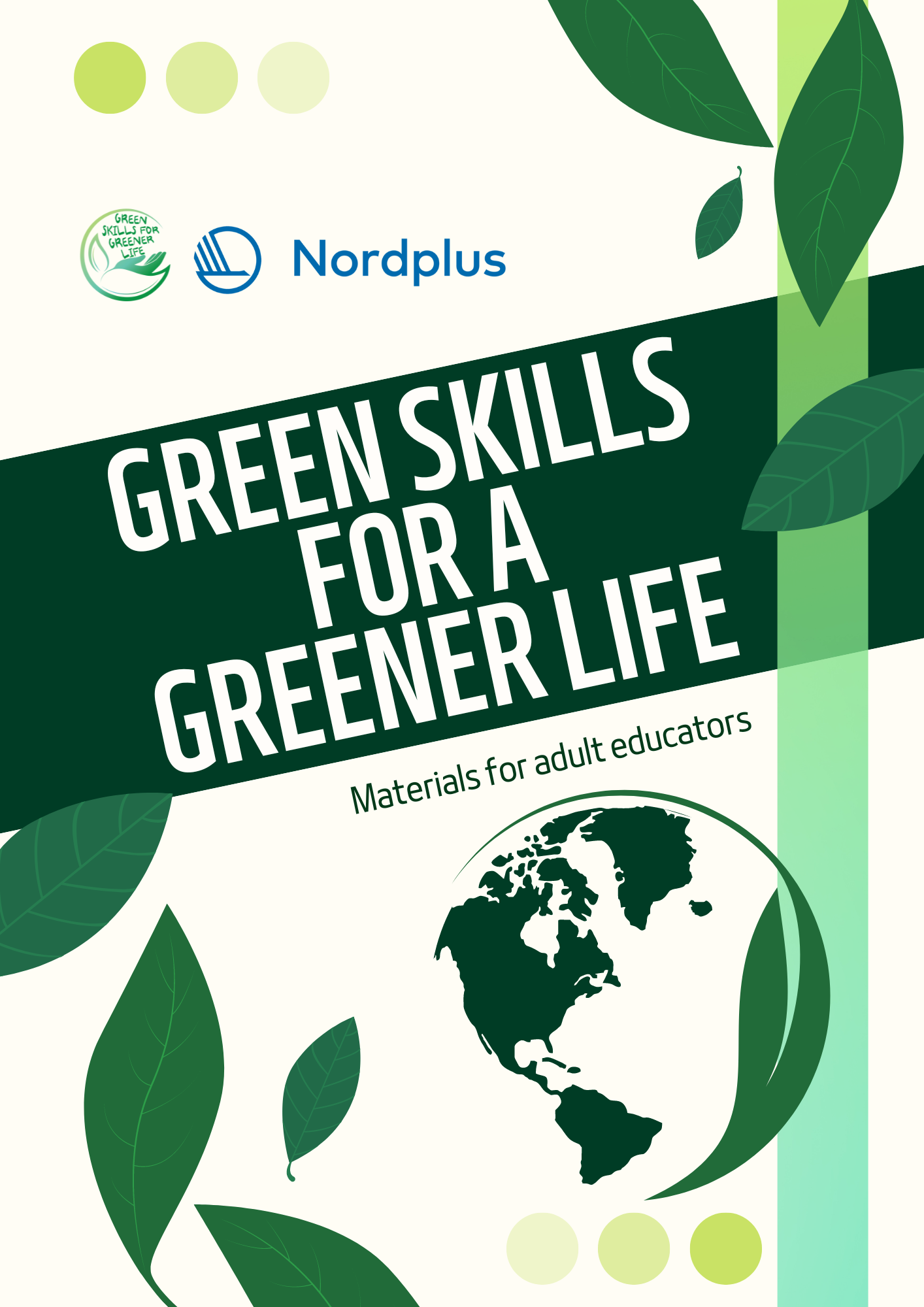
The Zemgale Region Human Resource and Competences Development Centre is at the forefront of two significant initiatives: "The Development of Adult Educators’ Core Competences to Strengthen Society’s Resilience" and "Green Skills for Greener Life." Both projects, supported by the Erasmus+ KA-1 and Nordplus programmes respectively, aim to enhance adult education by integrating skills for resilience and sustainability.
Objectives
The overarching goal of these initiatives is to promote lifelong learning and environmental consciousness among adults. Considering climate change, there is an urgent need for comprehensive environmental education that extends beyond formal schooling. These projects aim to equip adult educators with the necessary skills to teach sustainable practices and foster resilience in diverse communities.
“The Development of Adult Educators’ Core Competences to Strengthen Society’s Resilience”
This project aims to share experience in organising and providing non-formal education for different ethnic and social groups, offering long-term support for positive change and the promotion of lifelong learning. Participants gained insights into activities supporting the silver economy, focusing on educational programs for people aged 50+. The project also explored methodologies for teaching language and socialisation skills to immigrants, helping them integrate into the local community. Teachers learned to analyse and update teaching methods to meet the needs of diverse target groups, including vulnerable population such as low-skilled young people and immigrants.
“Green Skills for Greener Life”
The "Green Skills for Greener Life" project focuses on equipping adult educators with knowledge about environmentally friendly actions to incorporate into their teaching. Staff, teachers, and trainers participated in preparation and piloting of the teaching material, improving their understanding of green skills and their importance. As a result, 92 teachers developed confidence in integrating green skills into their teaching contexts. The project produced comprehensive training materials accessible online, catering for individuals looking to reduce their environmental impact, educators seeking to upskill trainees on sustainable actions, and institutions aiming to enhance resource efficiency. Skaidrite Bukbarde, the project coordinator, highlighted the importance of environmental education: “It is important for each of us to be aware of the basic principles of environmental and nature protection to make changes in our daily habits—how we get around, how we shop, what we eat and what we wear, what we do with our waste, etc.”
The combined efforts of these projects underscore the critical role of adult education in promoting societal resilience and environmental sustainability. By equipping educators with the necessary tools and knowledge, the initiatives foster a culture of sustainability and resilience that extends beyond the classroom into everyday life. The collaborative efforts and resources developed will have a lasting impact, helping to build a more resilient and sustainable future.
- Project locations
- Latvia
